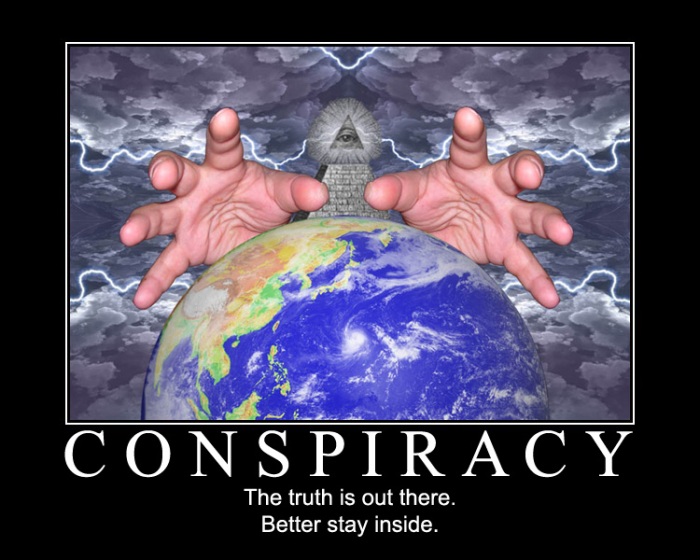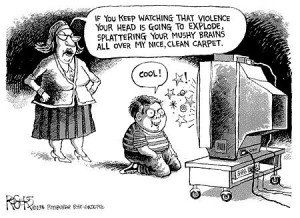Cultivation Theory
According to George Gerbner, Cultivation Theory is the belief that heavy television viewing influences society to believe what is portrayed on television, as reality. Because of their exposure to television and the reality that comes with it, people have a false sense of what the world is like. An example of the cultivation theory that I have experienced is with shows dedicated to conspiracy theories. A friend of mine, who was a heavy TV user, watched so many conspiracy theory documentaries and videos on television, that over time he began believing in them and now thinks that the majority of events in this world are all conspiracies. His world as he knows it has been shaped by television and his concept of reality is now a misrepresentation of true reality.





